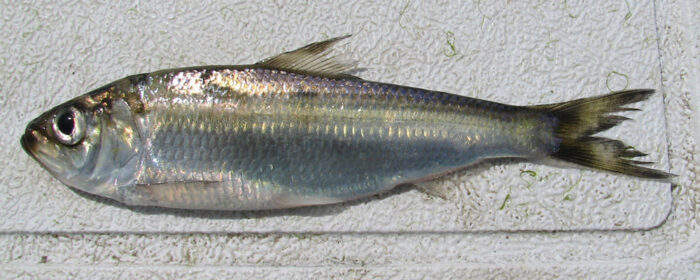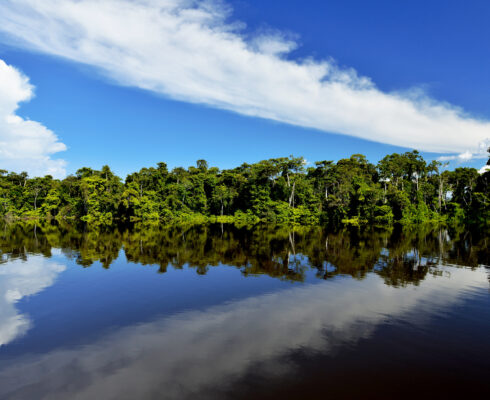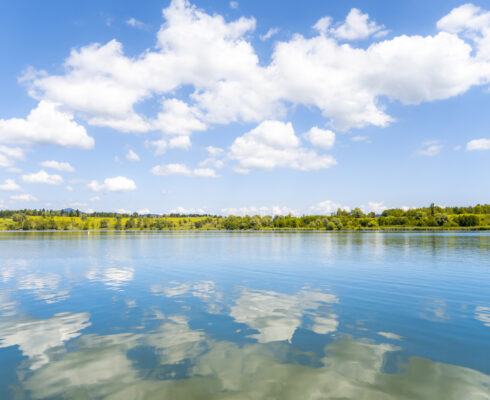Challenge
To evaluate impingement of fish and entrainment of fish eggs and larvae (ichthyoplankton) at the Portlands Energy Centre (PEC) and to estimate total fish losses and associated economic impact.
Background
The Environmental Review Report for the PEC predicted low fish impingement rates and negligible impact upon fish populations due to entrainment.
Project
Impingement observations were recorded daily between January 01 and December 31. Weekly entrainment sampling commenced at the beginning of May and continued for a period of 22 weeks until the end of September. The program was consistent with generally accepted methods in terms of duration, interval, frequency, intensity and magnitude and similar to what has been done at other Canadian power generation facilities that use Great Lakes cooling water.
 The alewife fish
The alewife fish
Impingement monitoring observed only forage species, primarily Alewife, an introduced (non-native) species. Alewife (larvae and eggs) were also the primary species entrained. Impingement and entrainment losses were significantly less than those that have been reported at other power generation stations situated on the Great Lakes, including those with similar cooling water requirements, as well as those considered as using best available technology according to the United States Environmental Protection Agency (USEPA). As predicted in the Environmental Review Report, the fish impingement and entrainment rates were low and impact on fish populations was determined to be negligible.
Outcome
According to USEPA values, the maximum potential cost associated with fish losses due to entrainment at PEC in 2015 was estimated to be $310. Based on American Fisheries Society replacement values, losses of forage fish due to impingement were estimated to be $4.56.





